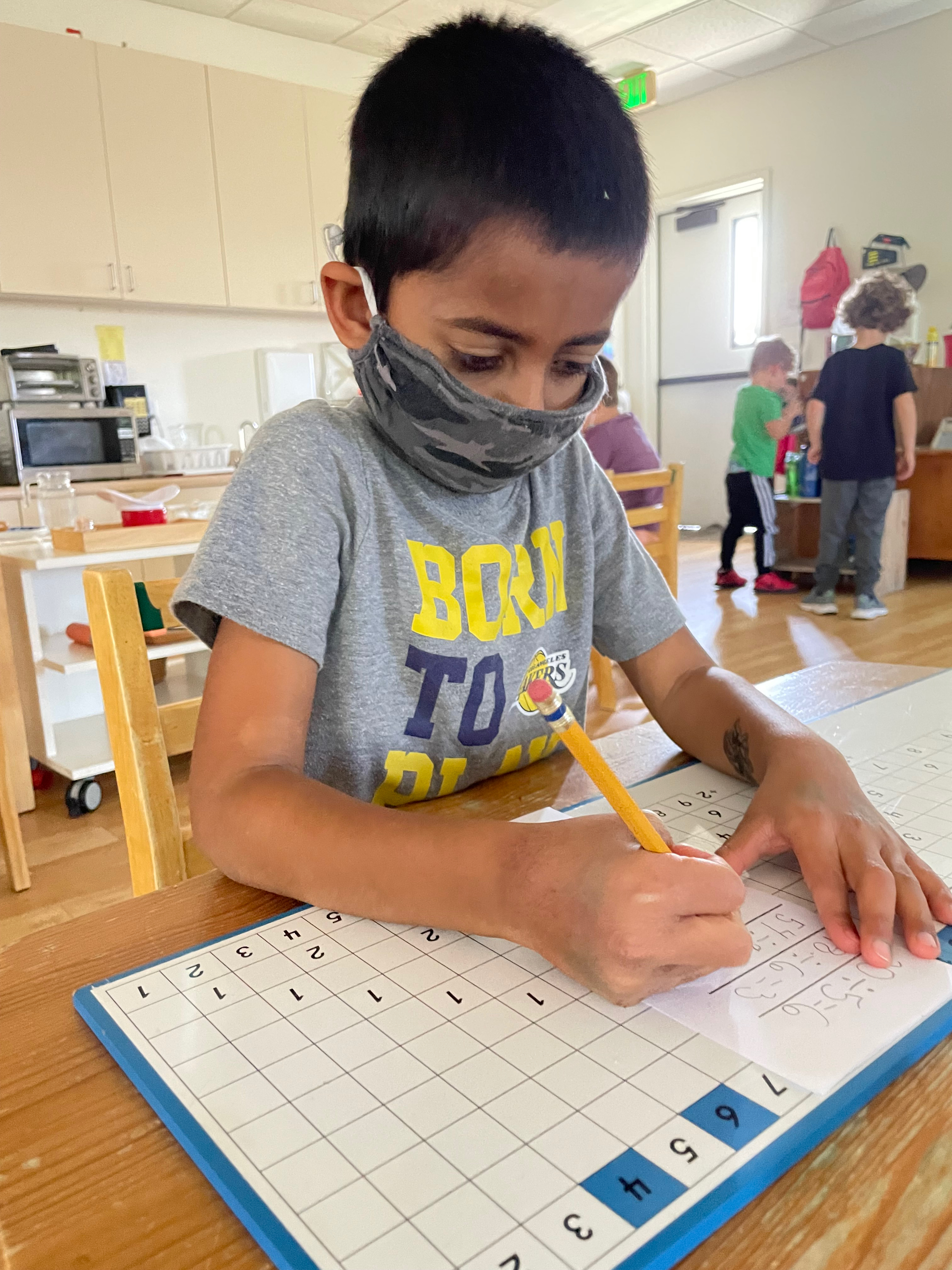(858) 759-0631
Lately, during lunch and throughout the day, the children have been telling stories. Sometimes captivating the entire classroom! Commanding the attention of a large group is tough!
The importance of stories and reading daily to your child is enormous. A few of the main benefits of reading are vocabulary and grammar development. What is our goal for this development? Success for academic education? Development of literacy skills? I think the much bigger picture is for them to communicate with others... to talk!
Even for adults conversation is a skill worthy of study and practice. Throughout history, orators have been key members of their respective communities.
Perhaps the most important skill for this age group is to learn how to listen. From 0-3 they are unconscious beings, building themselves and absorbing all that is in their world (usually by putting it in their mouths!) in their little bubble that is their universe. From 3-6, they Have a higher awareness of others and reach out to create bonds.
It is hard for them to have a give-and-take conversation. Most only want to talk! They have things they want to share and have a hard time listening to another. They may 'listen' to another but they rarely 'hear'. Help them by demonstrating this and letting them know the manners of a conversation; stay on topic, acknowledge statements that are made and ask questions if you don't understand, and (above all) do not interrupt. I repeat, do NOT interrupt!
Children are sources of information too! Somehow, children get the impression that adults are the only way to find out things. If a child is upset or hurt or just feeling down, I will give them hugs and just let them hang out with me until they feel better. Inevitably, another child will come up and ask me, "What's happened to Susie?" I always respond with: "She's right here - go ahead and ask her."
How does this impression impact their relationships and friendships? How does it impact the development of their conversation and listening skills? To their ability to respond? To situations respectfully and with proper etiquette?
Be careful not to do this at home. Give your child a chance to speak up and answer the store clerk - even if it takes an excruciating length of time for them to muster up the courage. If siblings get into a fight - let them articulate what happened or how they feel, rather than adults simply informing each other. We frequently ask but don't listen to ourselves.
Conversation connects us with others and society as a whole. Conversation can awaken us to one another. Understanding of others and their point of view. We become tolerant when we can connect and bond with other people with different perspectives. It doesn't mean that we need to agree with another's stance, but with all due respect, we can have a conversation.
These days of communication sometimes mean we communicate less and less meaningfully. Rather than chat with your child in the back seat, they watch a movie. Rather than chat with the grocer, we check Facebook on our phones.
Conversationalists are fun, seem to network effortlessly, and can make even dull moments a pleasure! The conversation is important for your children and indeed all ages. Speaking and listening skills are invaluable to their success in life.

